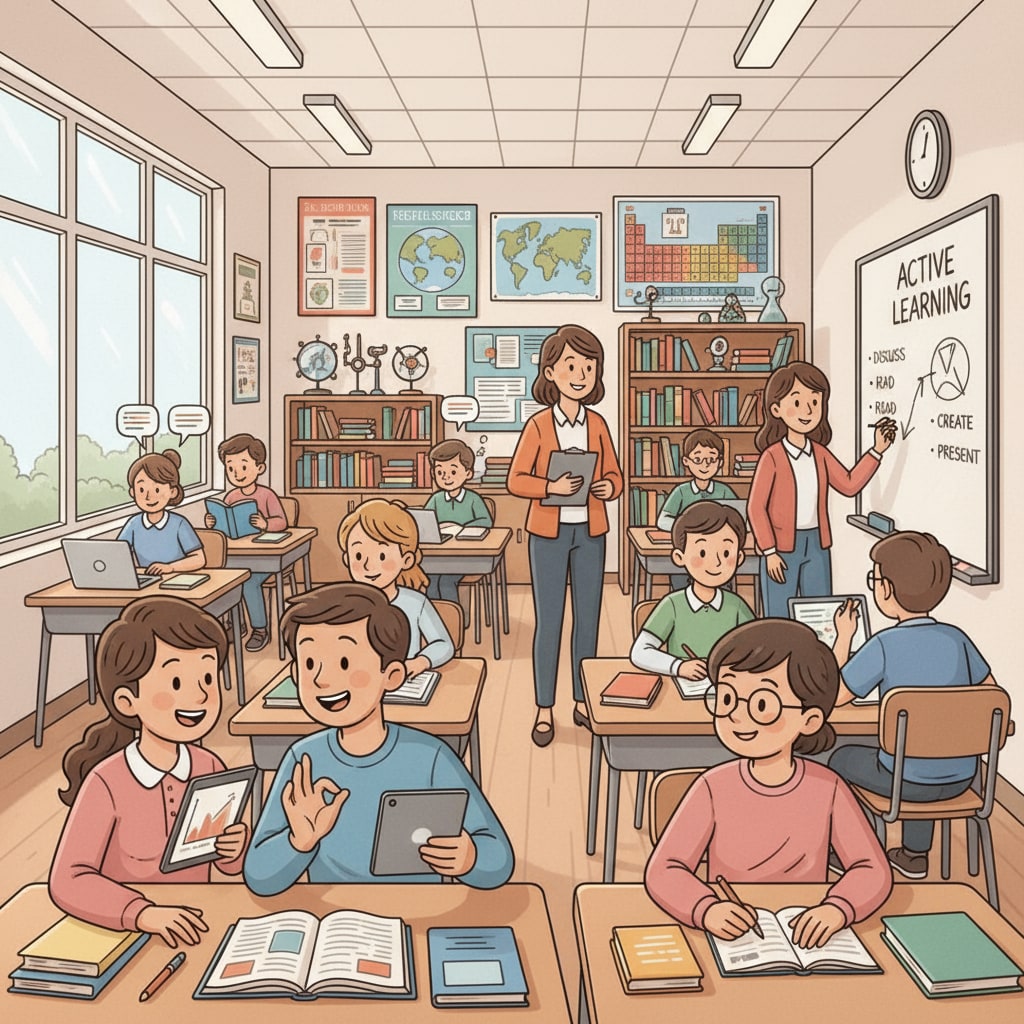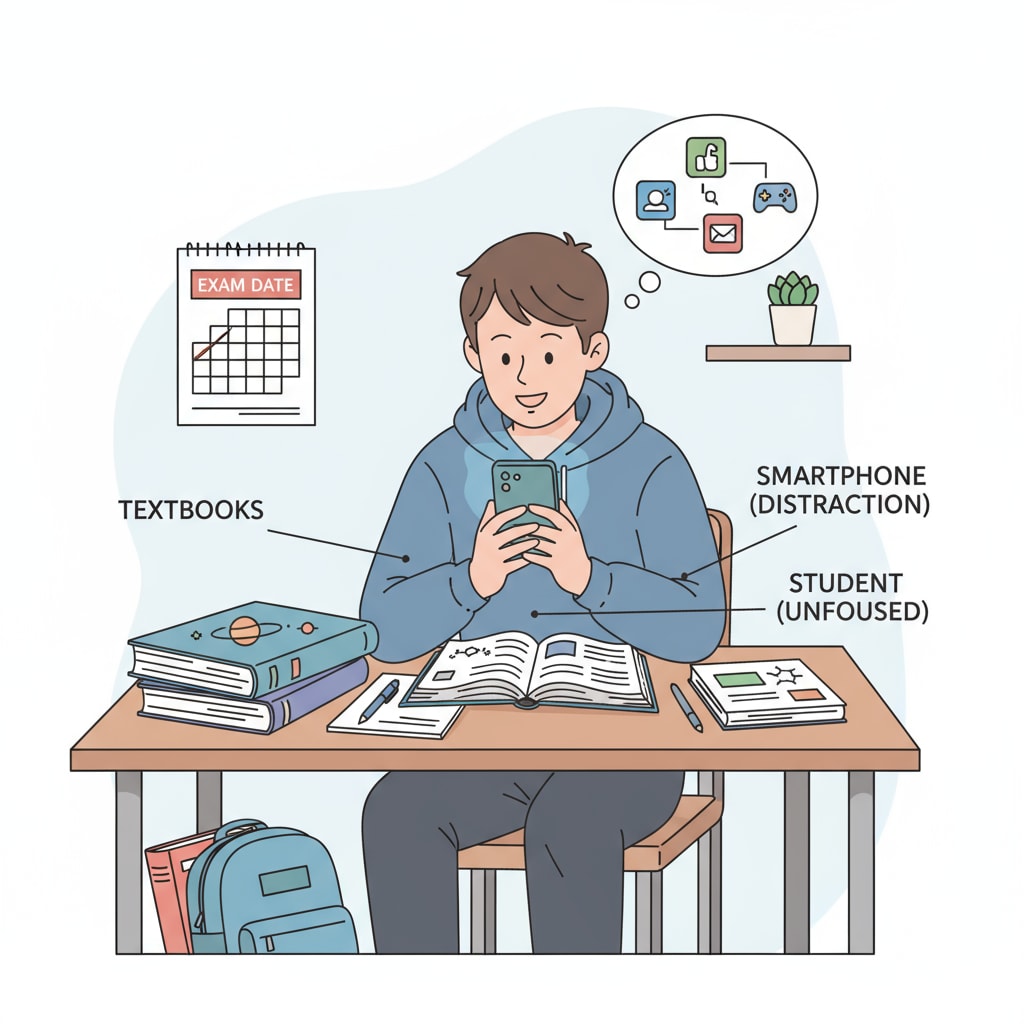Cognitive abilities, deep thinking, and memory retrieval are crucial aspects of a student’s learning journey. In the current K12 education landscape, however, there is a concerning trend of declining deep thinking abilities among students. Let’s explore the reasons behind this and discover ways to reverse it.

The Decline of Deep Thinking in K12 Education
In today’s K12 educational environment, students are often bombarded with a vast amount of information. From textbooks to online resources, the sheer volume can be overwhelming. As a result, students tend to skim through materials rather than engage in in-depth analysis. This lack of deep thinking not only affects their understanding of complex concepts but also hinders their long-term memory retrieval. For example, a study by American Psychological Association has shown that students who rely on surface-level learning are less likely to recall information accurately later on.
Physiological and Environmental Barriers
There are several physiological and environmental factors contributing to this decline. Physiologically, lack of proper sleep and nutrition can have a significant impact on cognitive functions. Students who don’t get enough sleep may experience difficulties in concentrating and processing information, which are essential for deep thinking. Environmentally, the prevalence of digital distractions, such as smartphones and social media, makes it challenging for students to focus for extended periods. A report from Common Sense Media indicates that excessive screen time can disrupt a student’s ability to engage in deep, focused thought.

Improving Sleep and Nutrition
One of the first steps in enhancing deep thinking abilities is to ensure students get adequate sleep and maintain a balanced diet. Parents and educators should encourage students to establish regular sleep schedules. A well-rested brain is better equipped to process and retain information, facilitating memory retrieval. Additionally, providing nutritious meals rich in vitamins and minerals can support brain health. For instance, foods like nuts, fish, and fruits are known to boost cognitive functions.
Innovative Teaching Methods
Educators also play a crucial role in fostering deep thinking. By adopting innovative teaching methods, they can engage students more effectively. For example, project-based learning allows students to explore topics in depth, encouraging critical thinking and problem-solving. Inquiry-based teaching, on the other hand, prompts students to ask questions and seek answers independently, enhancing their cognitive abilities. These methods not only improve deep thinking but also help students develop better memory retrieval skills as they are actively involved in the learning process.
In conclusion, reversing the decline of deep thinking abilities in K12 education requires a combined effort from parents, educators, and students themselves. By addressing physiological and environmental barriers and implementing innovative teaching methods, we can cultivate students’ cognitive abilities, deep thinking, and memory retrieval, setting them on a path to academic success and lifelong learning. Readability guidance: We’ve used short paragraphs and lists to summarize key points. Each H2 section has a clear focus. Passive语态 has been minimized, and transition words like ‘however’, ‘therefore’, and ‘for example’ have been used throughout to enhance readability.


